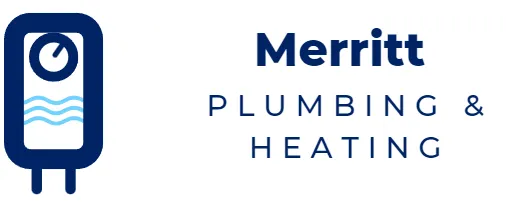Differences Between Condensing
vs Non Condensing Tankless Water Heaters
When it comes to tankless water heaters, homeowners often have to consider two main options: condensing and non-condensing. Each of them comes with its own advantages, but understanding their differences is very important to make a well-informed decision. This article provides a detailed comparison between the two types of tankless water heaters, helping readers to choose the most suitable one for their living space.

What is a tankless water heater
and how does it work?
There are two types of water heaters: traditional models and tankless models. The traditional types store hot water in a large tank that is continually heated. On the other hand, the tankless types heat water on demand. When the hot water tap is turned on, a tankless heater's heat exchanger instantly warms the water, saving both space and energy. Unlike the tanked heaters, tankless models are less prone to corrosion and leakage issues resulting in a longer lifespan.

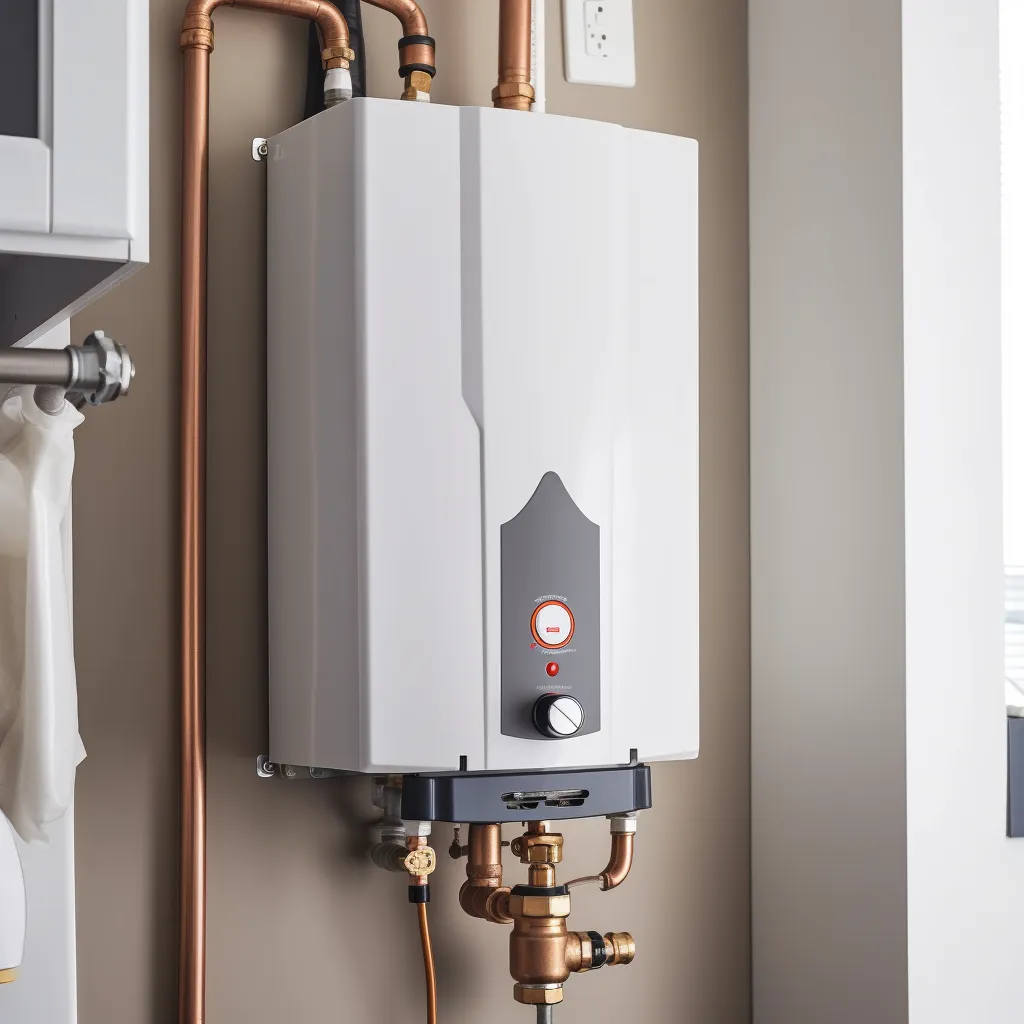
What is a condensing tankless water heater?
The condensing tankless water heater is an innovative and environmentally-friendly version of the conventional tankless water heater. By capturing waste heat and recycling it to heat incoming water, this type of heater maximizes efficiency and minimizes energy waste. Its intelligent feature helps you save money on your energy bill, while reducing your carbon footprint, making it a great choice for those who prioritize both energy efficiency and environmental preservation.
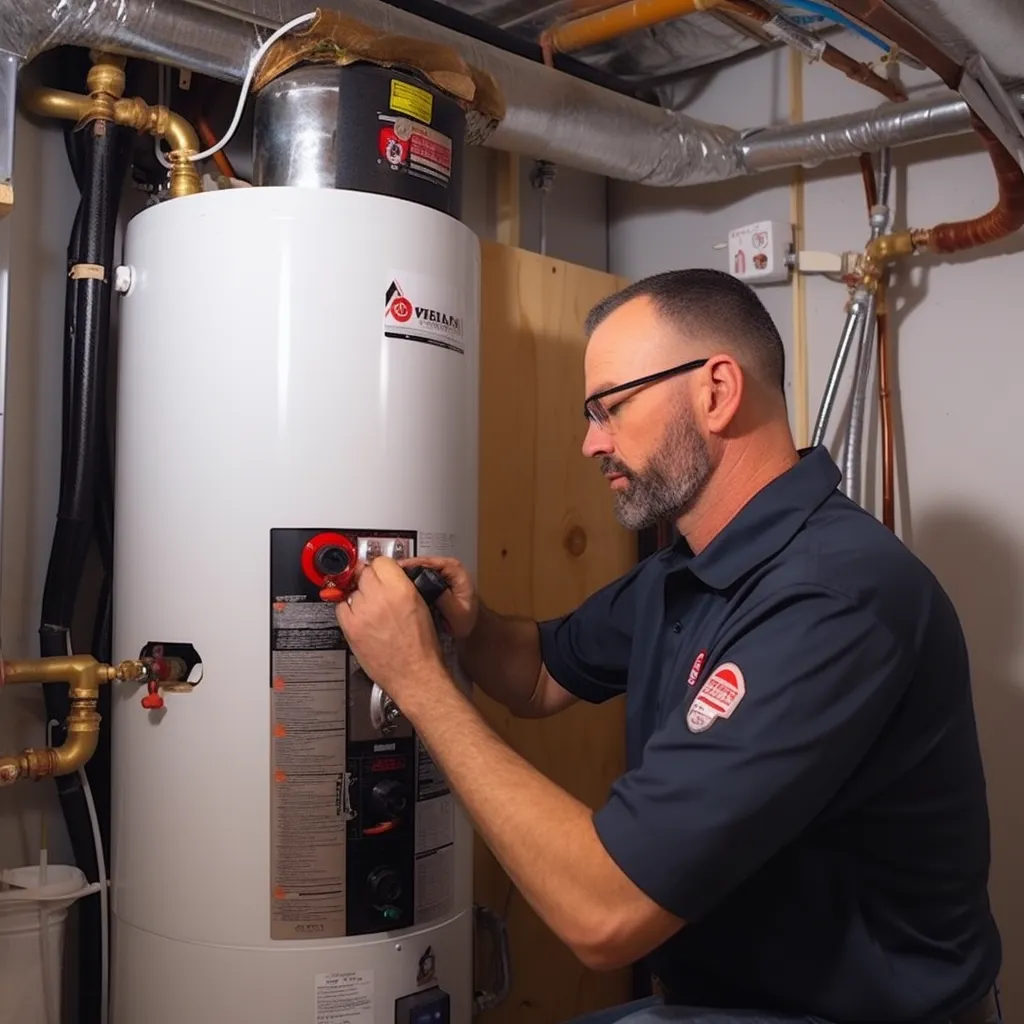
What are the differences in condensing vs non condensing tankless water heaters
When it comes to reducing your energy bills, tankless water heaters are a fantastic option. You have two types to choose from: condensing and non-condensing. The main difference between them is how they handle exhaust gases. Non-condensing models release them into the atmosphere, while condensing models cool them. The cooled gases then condense into water vapor, which is expelled. This procedure makes condensing models more energy-efficient than non-condensing ones. Keep in mind that condensing models might be more expensive initially. However, in the long run, they can help you save considerably on energy expenses.
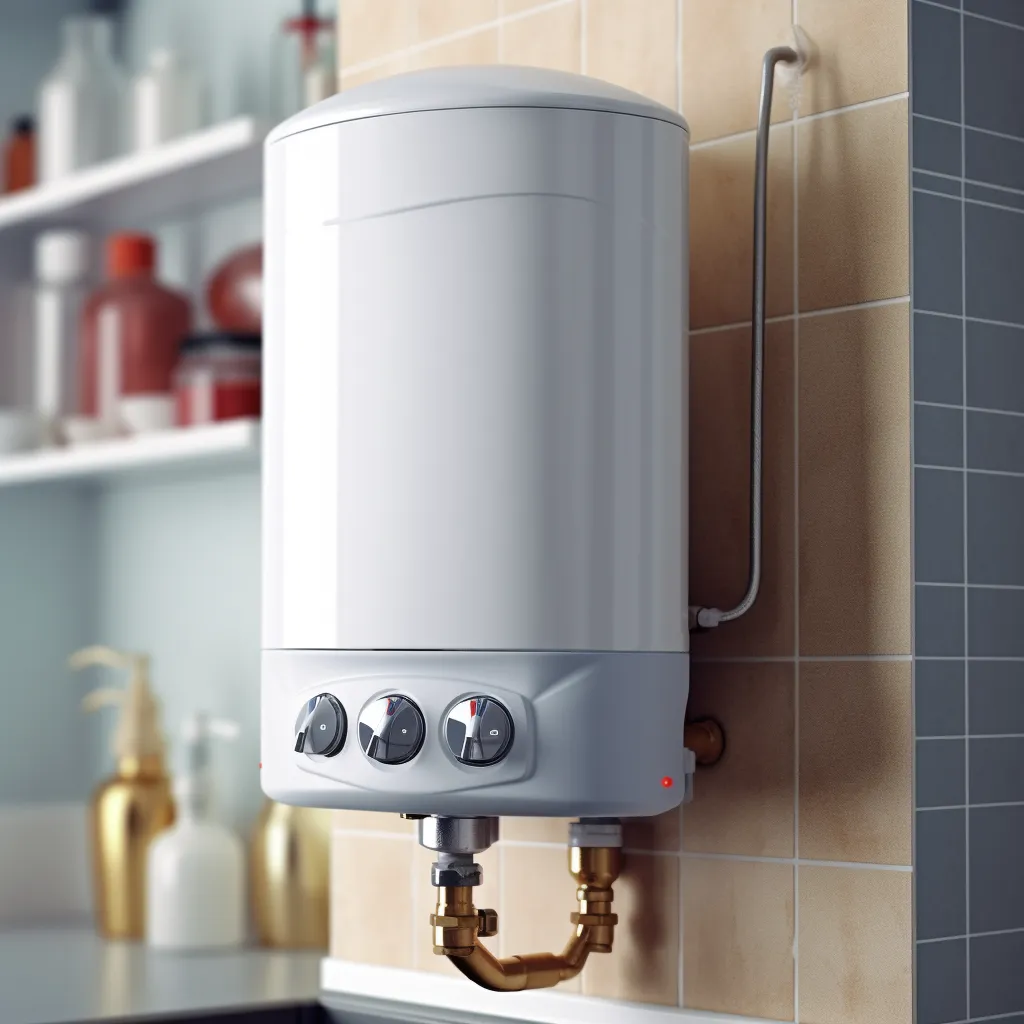
What are the benefits
of a condensing tankless water heater?
Condensing tankless water heaters have several benefits over non condensing water heaters:
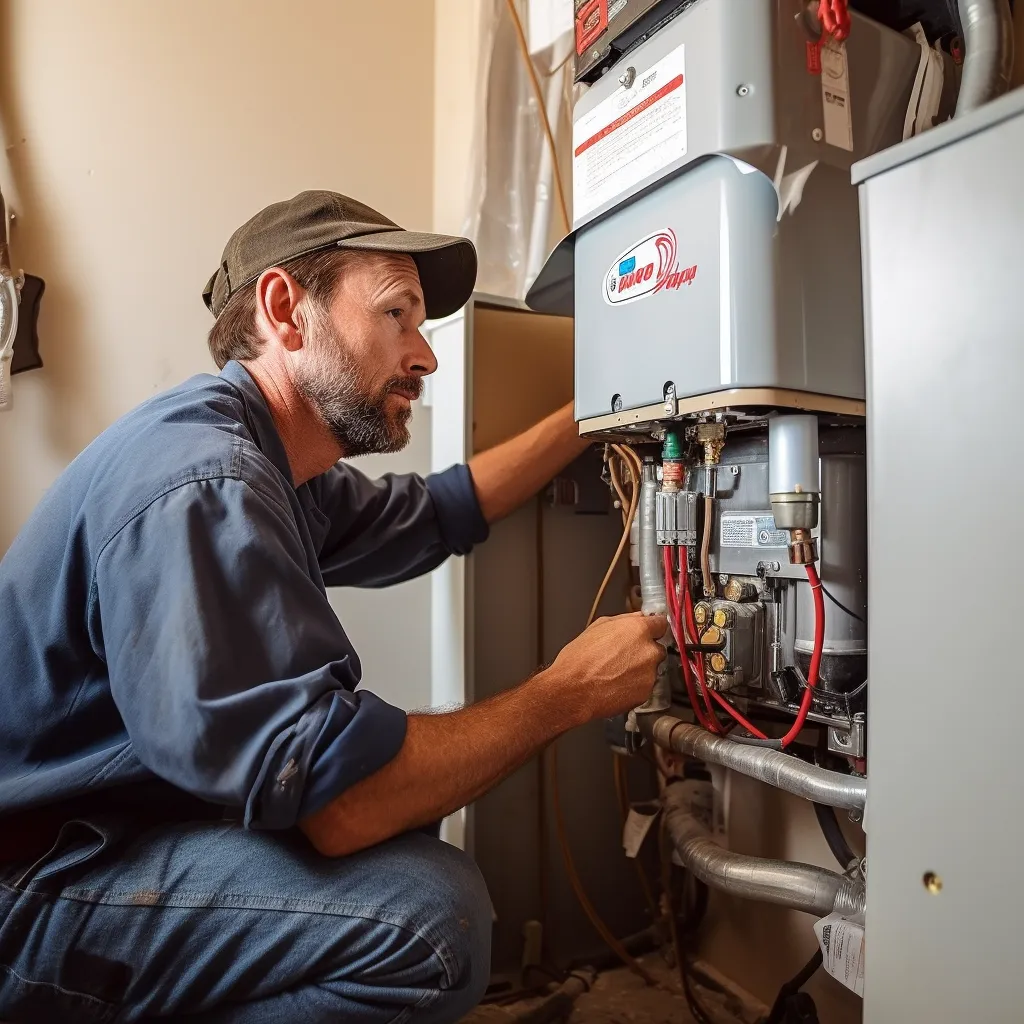
Condensing models of water heaters are more efficient, which leads to decreased utility bills.
They are eco-friendly thanks to fewer greenhouse gas emissions.
Their lifespan is generally quite long since they have fewer components, making them a reliable source of hot water over the years.
What are the disadvantages
of a condensing tankless water heater?
There are some downsides to condensing tankless water heaters:

Condensing water heaters are more expensive compared to non-condensing models, but the initial cost is worth considering for the long-term savings.
It's important to note that condensing models require more maintenance and installation complexity because of additional venting and drainage systems.
When evaluating options, remember to factor in the cost of service calls.
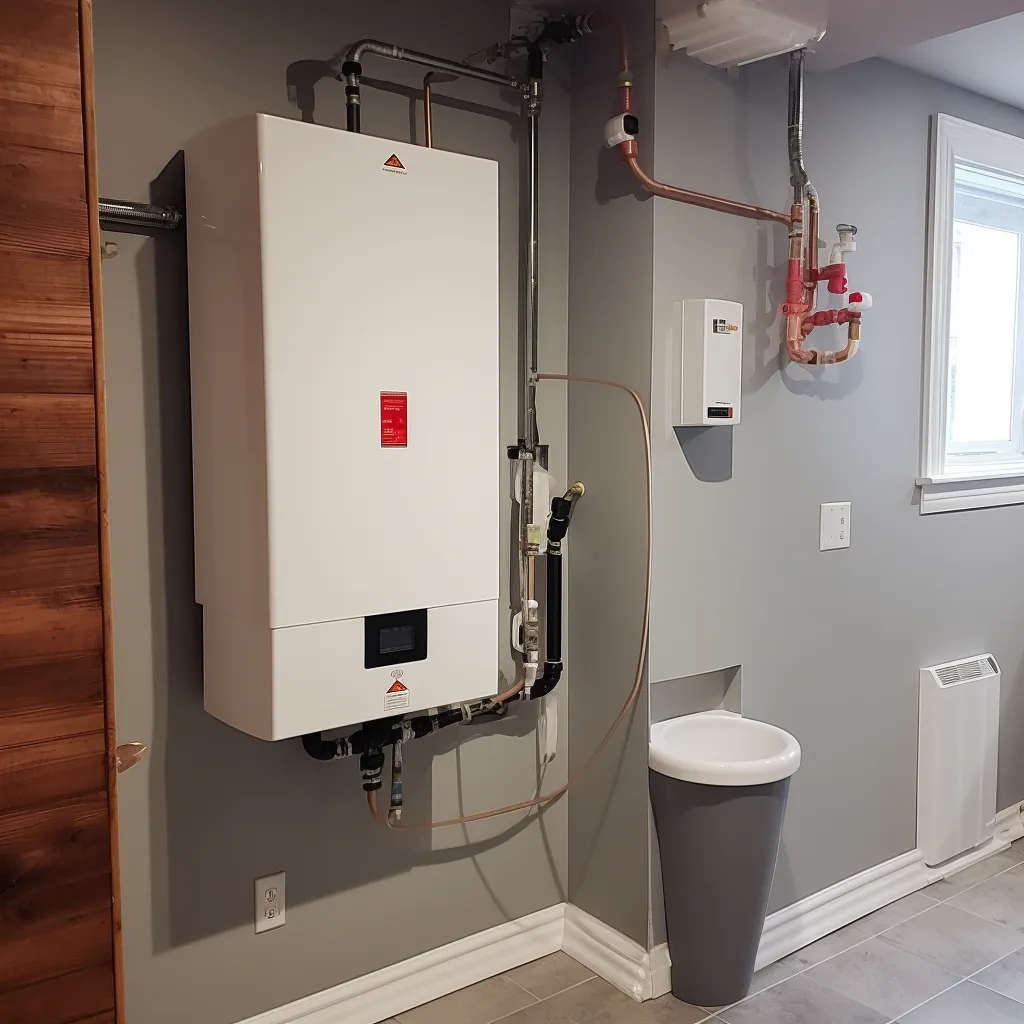
Are condensing tankless water heaters energy-efficient?
Condensing tankless water heaters are a smart and eco-friendly approach to water heating. They are highly efficient (up to 96%) as they recover lost heat during the combustion process. Consequently, they save immense energy and expenses as there's no requirement to heat redundant water. Moreover, these water heaters perform laudably as they operate when necessary, which limits both costs and environmental footprint.

Are non condensing tankless water heaters energy-efficient?
If sustainable and cost-effective water heating options are a priority, consider non-condensing tankless water heaters. Although less energy-efficient than their condensing counterparts, they still offer substantial savings in energy usage and costs.
What is the cost to buy and install a condensing tankless water heater?
Condensing tankless water heaters can offer substantial energy savings and efficiency for a prolonged period of time, albeit at a considerable cost. The price varies based on factors like the size of the home, model, and brand, and the installation can be complex. Seeking expert guidance from a trusted professional is advisable in order to make an informed decision that is tailored to your needs. Worth noting, many homeowners find the long-term benefits of this investment outweigh the initial cost.

What is the cost to buy and install a non condensing tankless water heater?
Reliable brands offer non-condensing tankless water heaters in varied sizes at prices ranging between $1,000 to $3,000. Even though the initial cost may appear steep, they are built to last up to two decades and deliver an unlimited supply of hot water. Besides, their sleek and compact design saves space, giving your home a spacious, uncluttered, and modern feel.
What are the maintenance requirements
for condensing tankless water heaters?
Routine maintenance is crucial for preserving the efficiency of your condensing tankless water heater. Although these advanced devices provide maximum energy efficiency, their proper upkeep is essential. The following tasks can help keep your heater performing at its best:

Examine for leaks or other issues, and clear heat exchanger and burner.
Inspect and replace filters to sustain efficiency.
Test water pressure and temperature.
Ensure venting system is clear.
Regularly flush the system.
Check air filter cleanliness.
It's necessary to regularly maintain condensing tankless water heaters in order to prevent high energy bills, decreased efficiency, or even damage. Therefore, it's important to schedule periodic professional maintenance checks to keep your water heater functioning effectively. Taking proactive steps now can reduce the risk of wasting time and money in the future.
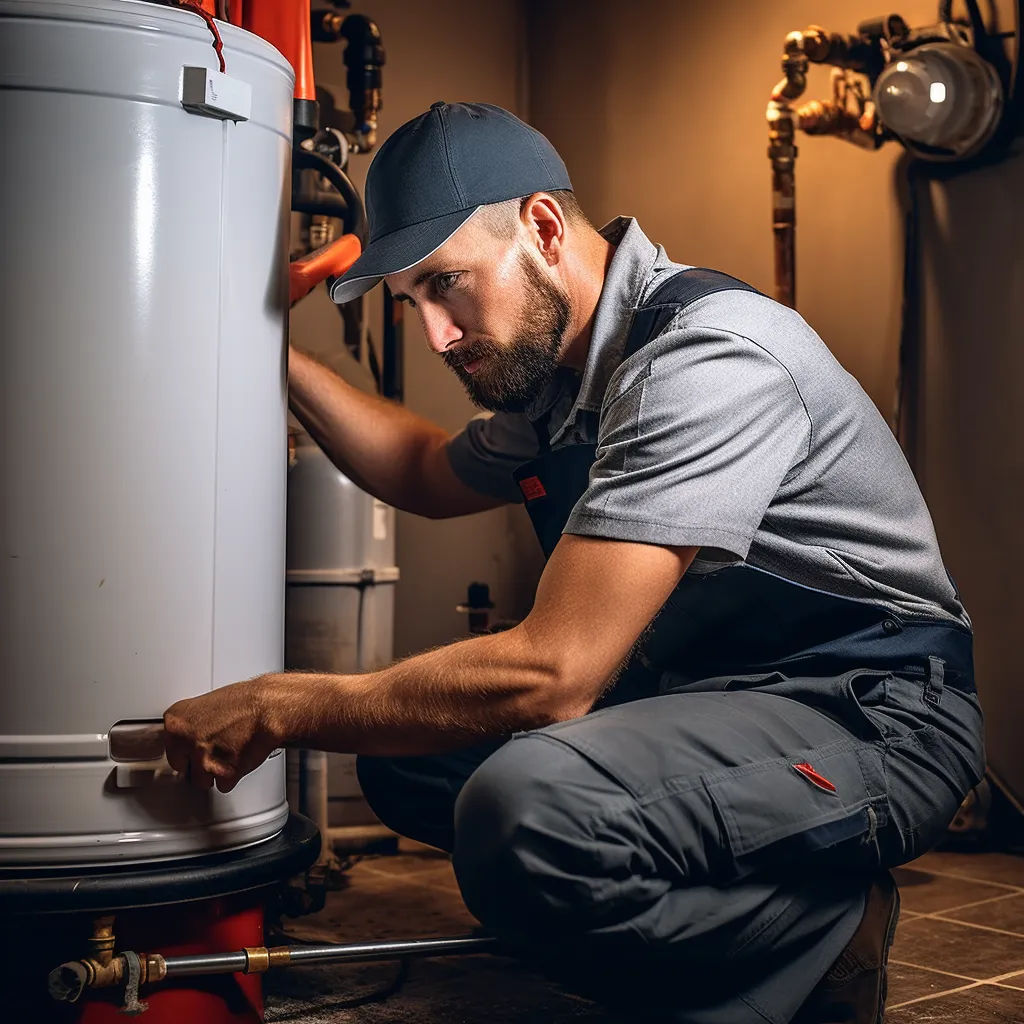
What are the maintenance requirements
for non condensing tankless water heaters?
The maintenance requirements for non condensing tankless units are similar to condensing units.
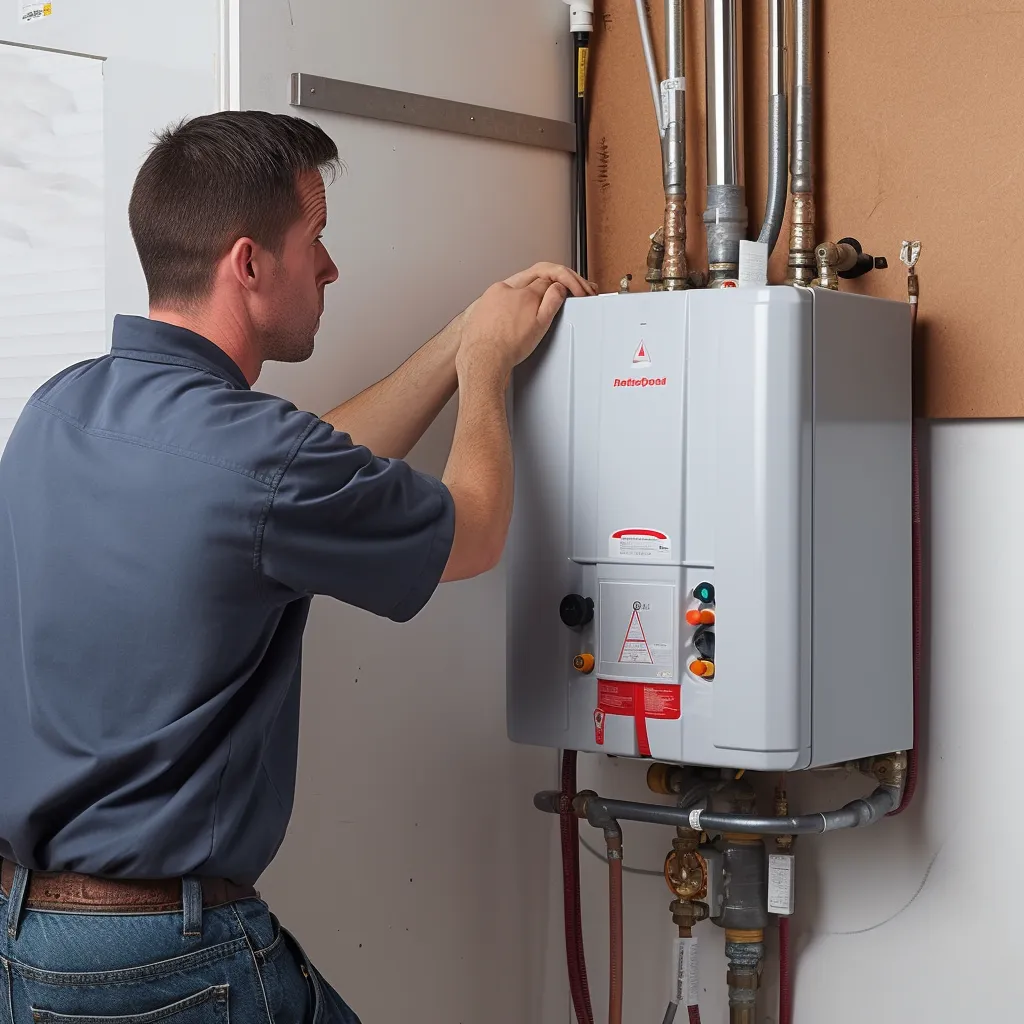
Periodic system flushing helps to clear mineral buildup and debris which can hinder performance.
It's also important to regularly check and replace the unit filters, clean the heat exchanger and burner, and inspect the system for malfunctions or leaks.
Keeping the vents free from debris and regularly verifying the water pressure and temperature can ensure optimal performance.
How to choose between a non condensing
vs condensing tankless water heater
To help with your decision between a non-condensing and condensing tankless water heater, take into account several key factors:
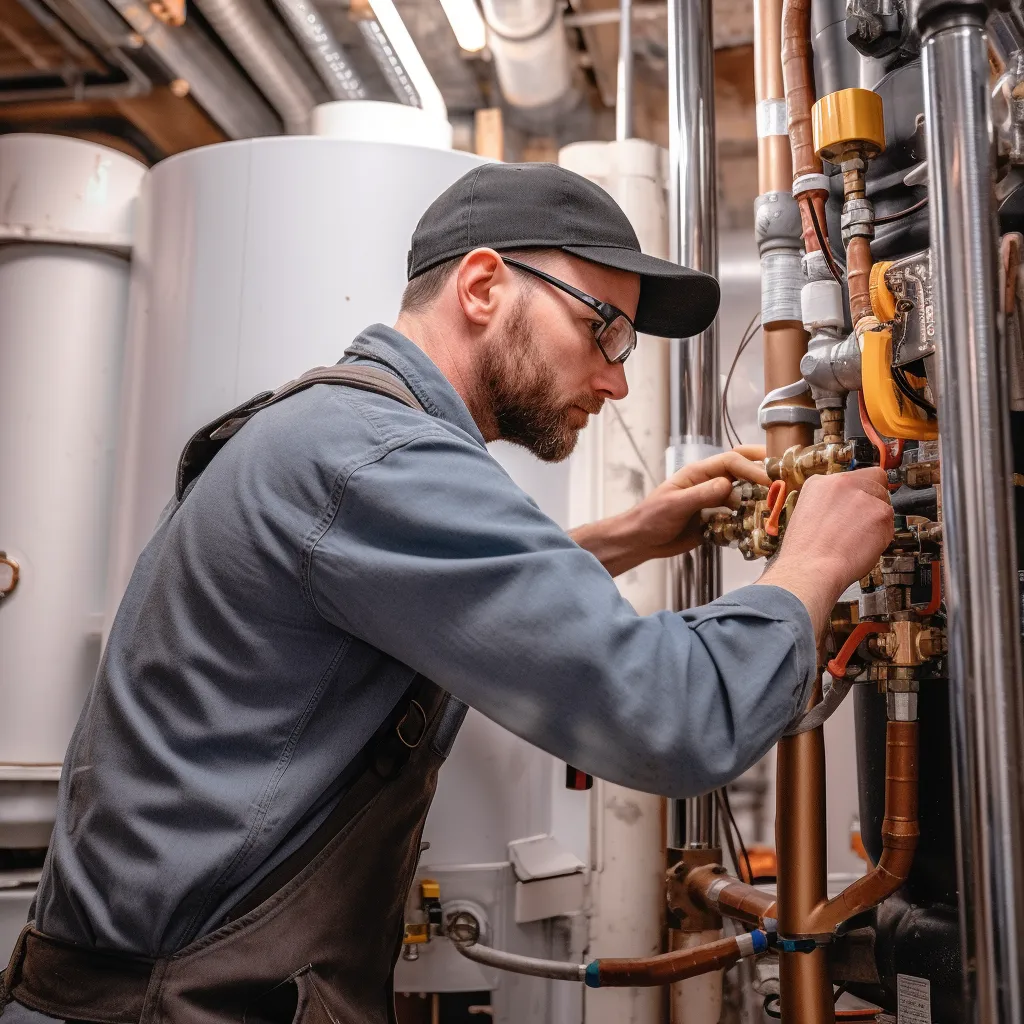
While non-condensing units are typically larger, condensing units may be the better option if you have limited space.
Condensing units tend to be more energy efficient, which can help save on utility bills.
It's important to note that condensing units can be more complex to install, potentially adding to the overall cost.
Non-condensing tankless water heaters may require more frequent upkeep than condensing models, so maintenance preferences are another consideration to keep in mind.

It's crucial to research
condensing vs non condensing tankless water heaters
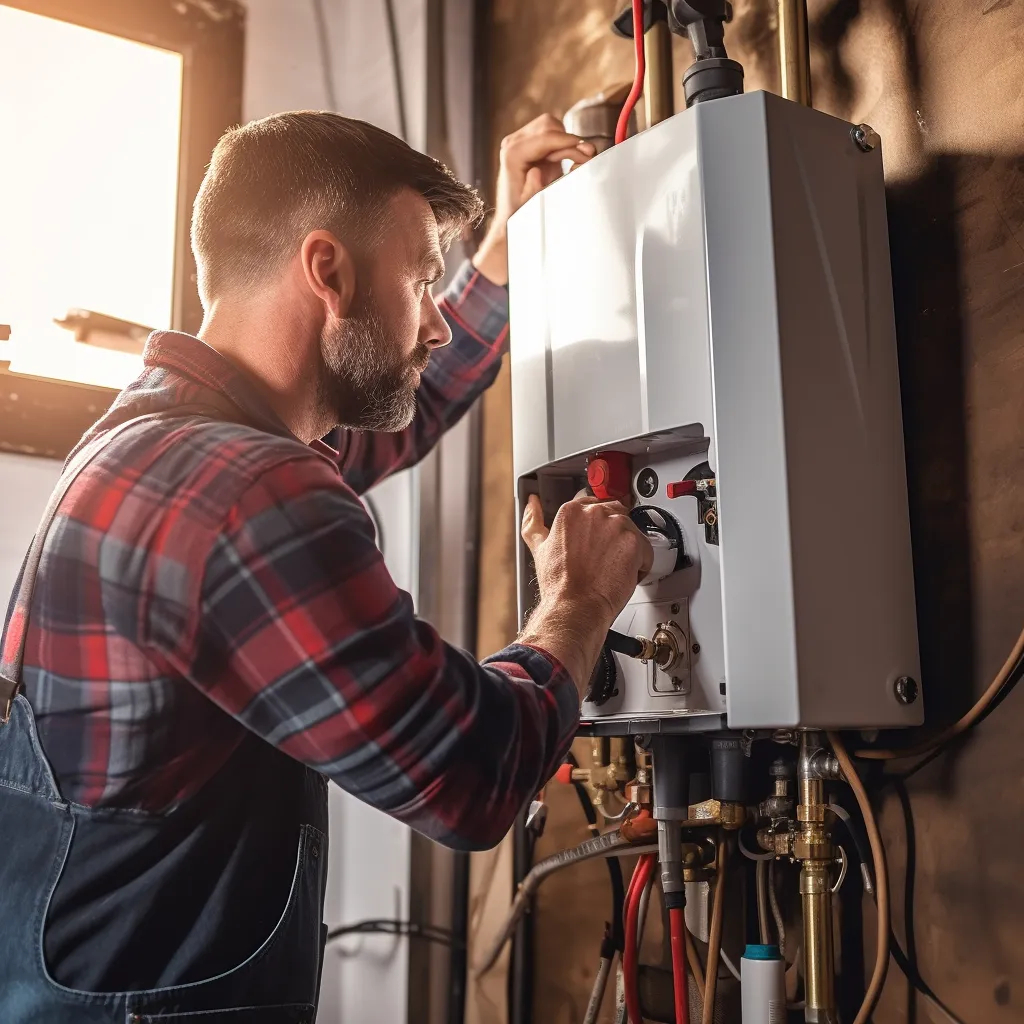
When it comes to choosing the perfect tankless water heater for your home, it's crucial to research and compare the various options available. A key factor to consider is whether to go with a non-condensing or condensing unit. Although non-condensing units may seem more affordable, they usually require more upkeep and waste energy, resulting in increased bills. Alternatively, condensing units are more cost-effective in the long run and can help you save energy and money.
Ultimately, choosing the right type of tankless water heater is a personal decision dependent on your home's specific needs. Seeking advice from a licensed professional can help make an informed choice tailored to your home's requirements, allowing you to enjoy reliable hot water without breaking the bank.
Contact Us
GET IN FULL TOUCH
PHONE:+(803) 784-1514
EMAIL:
julio@waterheaterwestcolumbia.com
Merritt Plumbing & Heating
West Columbia, SC 29171
